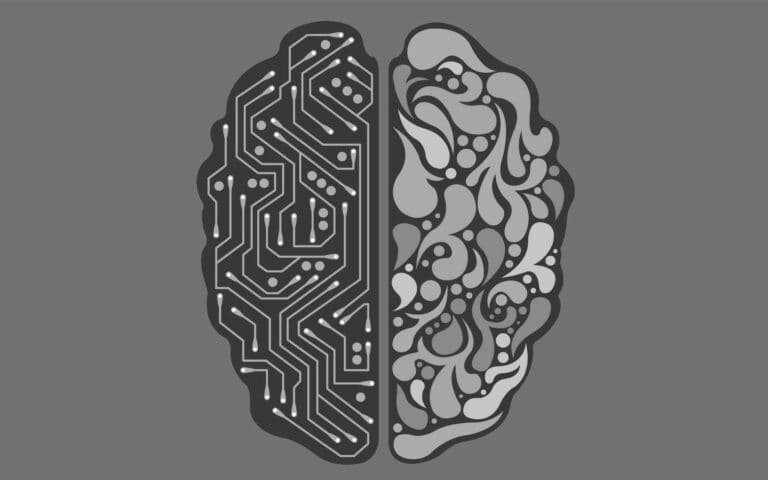According to OpenAI-COO Brad Lightcap, many business leaders overestimate what generative AI can do in the short term. In a recent interview, he emphasized that the technology is broadly applicable but needs more time to change the world.
In the interview with CNBC, Lightcap reflected on the eventful year OpenAI has experienced. It began with a multi-billion dollar investment from Microsoft and ended with the resignation and swift return of CEO Sam Altman. In the process, the company’s recent DevDay seemed to have flown under the radar ever so slightly, even though it contained considerable innovations.
Tip: Will OpenAI now change building chatbots for good?
Overrated
“I think the overhyped aspect is that it, in one fell swoop, can deliver substantive business change,” Lightcap informed. According to him, companies are looking for something that they’ve long desired: a return to growth rates of around 15 percent per year. However, according to the OpenAI COO, “There’s never one thing you can do with AI that solves that problem in full.” Lightcap does not seem to favour the idea that AI will soon make entire jobs disappear, something IBM CEO Arvind Krishna, for example, has claimed.
Regardless, generative AI is still at an early stage, the OpenAI chief observes. He argues that the most important innovations are to be built “on top” of the technology and are yet to arrive. Implicit in that message is that the upcoming “GPT Store”, which launches in 2024, will provide the opportunity for that.
Overhyping also involves OpenAI
Lightcap’s comments counter the overblown assessments of AI’s transformative power in the short term. It’s a refreshing stance, especially from the company that brought about the generative AI movement in the first place. On the contrary, others, including OpenAI’s backer Microsoft, have gone out of their way to make 2023 the year of GenAI. Bombastic announcements from all kinds of tech companies regarding AI solutions have created sky-high expectations among executives.
It should be said, however, that OpenAI itself has also been instrumental in this development. CEO Sam Altman doesn’t shy away from almost apocalyptic predictions about the technology, which, with the help of media coverage, has added fear as a key driver of the AI hype. It’s to be expected that a mixture of fear and excitement leads many to conclude that the technology will completely revolutionize our working lives any day now. It could be that this fear is justified, in part due to the supposed fact that OpenAI itself has already developed human-threatening AI. Still, the company is partly responsible for the high expectations companies have for the technology in concrete terms. Lightcap itself is not, as he has long been a far less exuberant OpenAI media personality compared to Altman.
OpenAI remains a small player
The ChatGPT explosion is also said to have taken OpenAI by surprise. Internally, Lightcap says the company doesn’t develop new innovations with a concrete revenue model in mind. This seems to be in line with the fact that OpenAI has continuously tinkered with how it makes money off its products since the introduction of ChatGPT. Paid service ChatGPT Plus has been around since February, with access to the GPT-4 model and more functionality to get users to fork over some monthly cash. That was accompanied in August by ChatGPT Enterprise, which promises “enterprise-grade security & privacy” with faster results and broader business-oriented deployment.
The CNBC interview also addresses the fact that 92 percent of all Fortune 500 companies already use ChatGPT. The OpenAI COO suggests that the remaining 8 percent are “probably in heavy industry” rather than information or service industries. Essentially, all global players are already on board, hype or not. The contrast with OpenAI, which is still well under 1,000 employees despite significant growth across 2023, is significant. It’ll be interesting to see if it can steer the AI conversation to feature less overblown -and less fearful- messaging.
